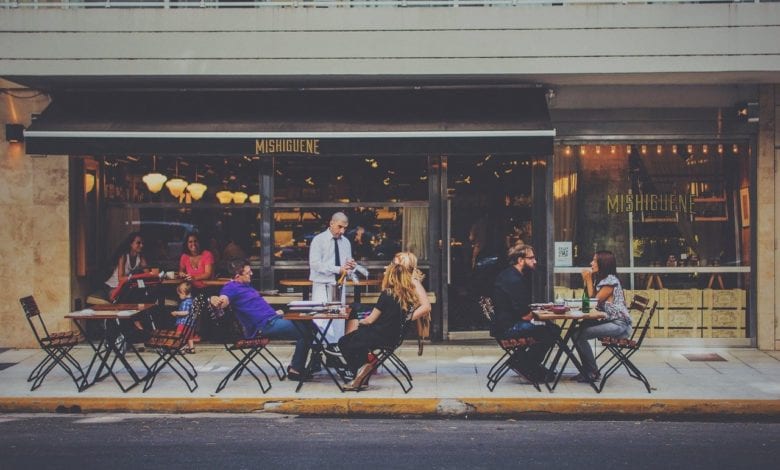
On the surface, the Eat Out To Help Out scheme looked like a great idea, didn’t it?
There’s no question that extra importance was placed on the economy coming out of the first lockdown in late spring. Held during the course of August, Eat Out To Help Out was one of its manifestations and actively encouraged people to visit restaurants with the help of a hefty discount – a seemingly welcome boost for many businesses that had been closed for weeks on end prior to that and continued to struggle after restrictions were lifted.
Since then, however, there has been much said about how much impact it actually had – not just within the hospitality sector. Towards the end of October, you may remember that new research suggested that the initiative could have directly caused a sixth of new Covid-19 case clusters during the summer.
During the scheme itself, there were also further reports of hostility towards staff and while short-term it brought people through the door, it didn’t stop talk of redundancies, closures, and evictions from spreading across the UK like wildfire.
Many businesses had huge issues with the scheme and it’s clear why that was the case
As we know, Eat Out To Help Out was only applicable for Monday, Tuesday, and Wednesday, but the biggest issue with that was that many businesses (even before Covid-19) didn’t open on Monday, because notoriously it was quiet.
This scheme, while its intentions were good, forced those businesses to employ additional members of staff, open for an extra day, and hold more food – all adding to the top line running costs at a time when businesses were protecting their funds as best they could.
Prior to Covid-19, it’s no secret that the best days for business in the hospitality sector was the weekend, but what this scheme did was actually take all that business away for a lot of companies.
What we also saw, particularly with a lot of the bigger chains, is that they actually ran out of food by Wednesday, leaving their stock depleted and restricted – in some cases, gone entirely – by the time the weekend came around.
So yes, while it was a generous offering that got large numbers of people through the doors of businesses eating together, the negatives far outweigh the positives, leaving many businesses thankful that it wasn’t extended beyond August.
Wouldn’t the industry have benefitted far more from having a discount that spread right across the week, meaning that the consumer would benefit at all times, but it was also not detrimental to the hospitality sector and forcing them to make significant business changes to accommodate the new scheme? We believe so.
It’s still to be determined how long we’re going to be dealing with Covid-19 in our lives for so maybe the answer lies in another alternative – Eat In To Help Out.
On the rise
The rise of the quality of takeaway food is something that has been rightly championed over the last couple of months.
A lot of UK restaurants – even pubs – have got fantastic, well-trained chefs, and have also got good suppliers and facilities to produce quality food as well as the tools at hand to be able to get that out to customers in a safe and timely manner, all while retaining the quality of the product.
I believe we will see that shift become permanent, too. Despite the trials and tribulations 2020 has delivered, there have been some real success stories to come from the industry and the rise in the quality of our nation’s takeaway service has been incredible to witness.
We have seen many pubs and restaurants that hadn’t initially considered takeaway as an option, implement it as an essential part of their business going forward. It’s almost an entirely new market and it has taken the quality of takeaway food to a whole new level.
Beyond that, however, customers love it. They love having that option of still being able to order in quality restaurant food and it’s immensely convenient for consumers, particularly for those who are unable to easily get out of the house to enjoy a meal – not just now due to lockdown restrictions, but beyond.
It will also create more job opportunities in the future
Typically, kitchens have had minimal staff, but we’re going to see that change as we see places, eventually, open back up, but also with the thought of maintaining that takeaway offering.
So, does it not make sense to, instead, introduce an Eat In To Help Out scheme and have it extended over the course of a week rather than bottleneck it over three days? It certainly does to us.
By Oliver Lloyd, Director at Catering24












